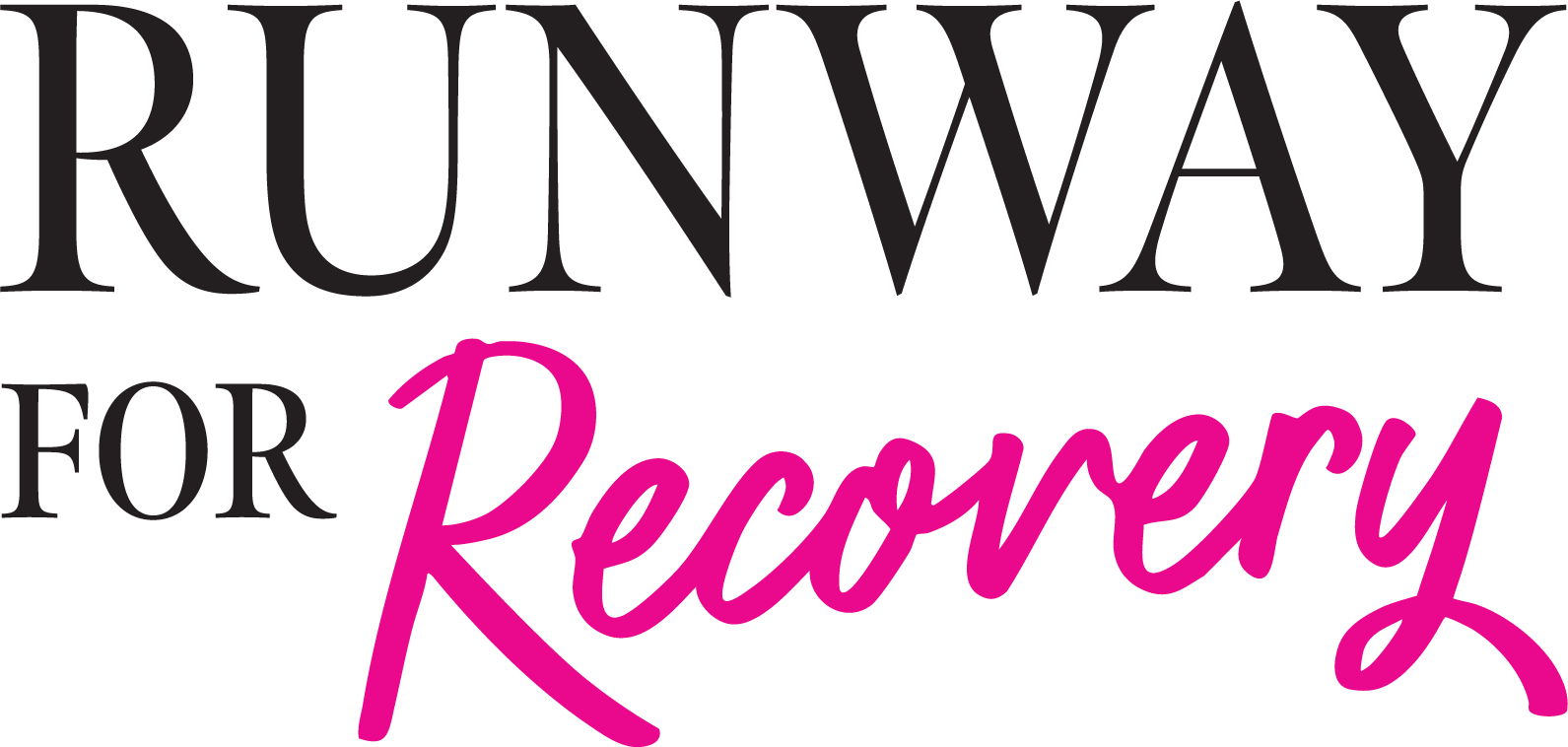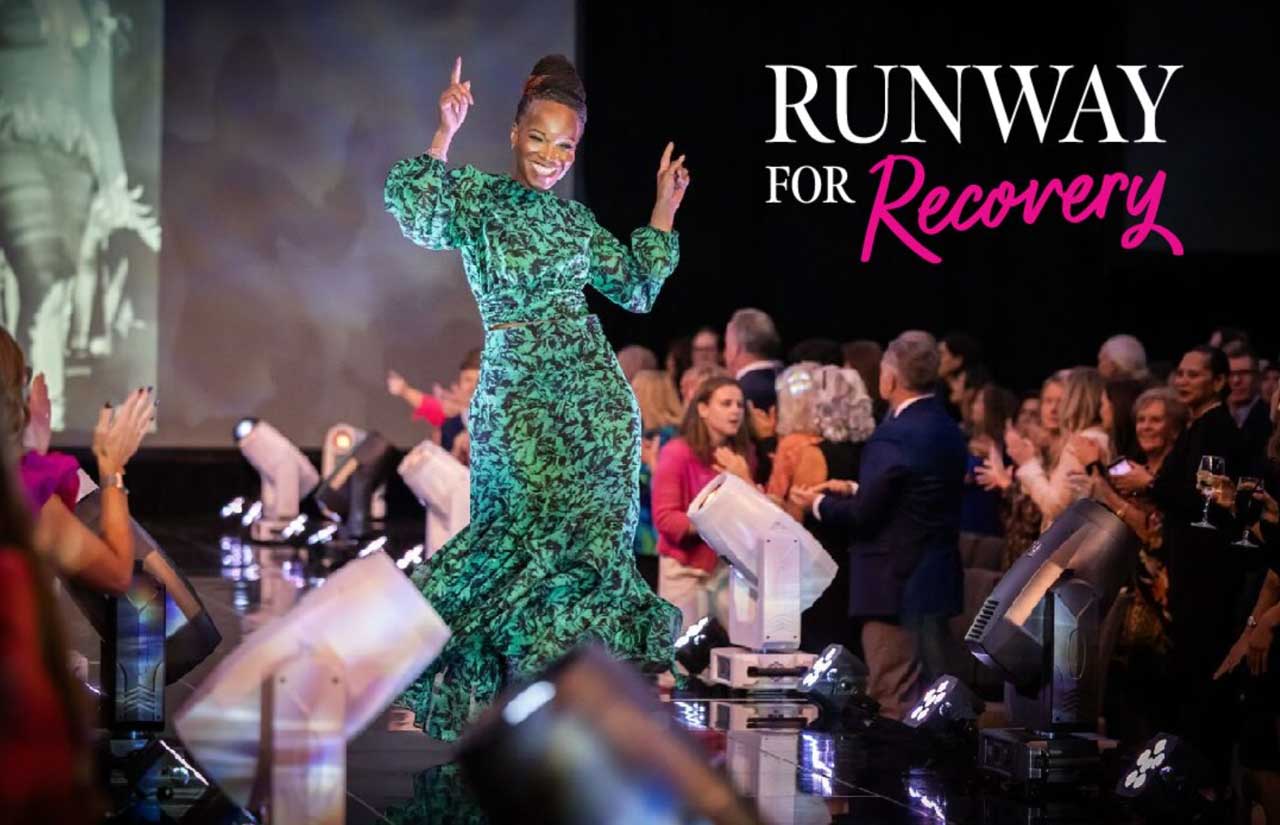Meet the Models, New England: Sheelagh Cawley Knopf
Sheelagh Cawley Knopf was no stranger to breast cancer throughout her life. Two close friends each faced a diagnosis and passed, but she saw the resilient fight they put forth to reach certain milestones. Indeed, her friend Sue vowed to see her son graduate from St. Andrew’s, and she did, passing away months later from the disease. Her second friend Sinead, faced a metastatic diagnosis that led to her passing months later, but not before Sheelagh was able to introduce her adopted son to her. Never thinking a diagnosis would happen to her, Sheelagh saw breast cancer through her pharmaceutical career lens and through that of a grieving friend. She even pushed off her own mammogram when health problems led to a chronic autoimmune disease diagnosis. Eventually, she did follow up with one, and it led to a shocking stage 1 breast cancer diagnosis.
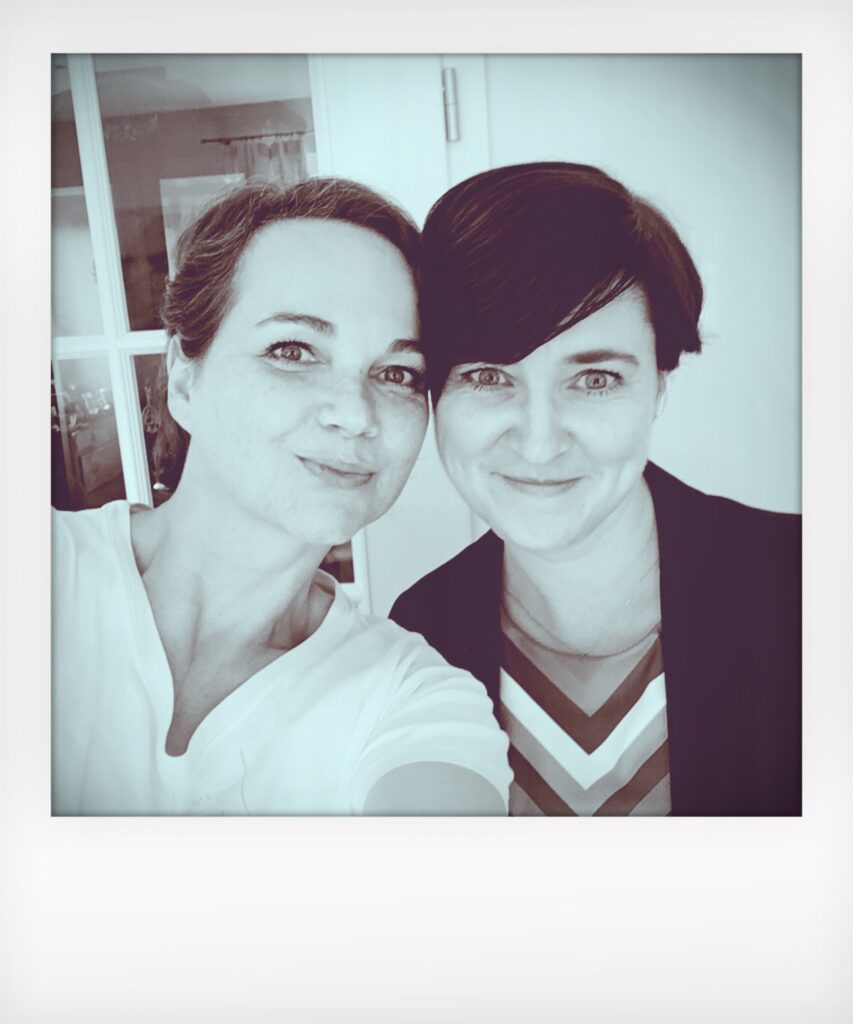
She notes how quickly things move from diagnosis to treatment (“it’s like you’re on a conveyor belt”), and she immediately had a lumpectomy followed by radiation and endocrine therapy. Thankfully, she was able to avoid chemotherapy, but she notes how difficult that time was for her: “You never think it is going to happen to you. I was in pre-op and thinking ok we caught it early. It’s going to be fine, but then all of the memories and pictures of Sinead and Sue came together in my mind and I just completely broke down. It was an overwhelming feeling of grief- for them, for myself and the fear of what was going to happen.”
Particularly hard was telling her son, Franck, age eight at the time, adopted from Africa: “He was amazing- you talk about resiliency; this child personifies it. He grew up on the streets of Africa with his mother who passed away, and now his adoptive mother has cancer. Yet, despite all that he was so positive. Franck gave me the strength I needed.” Her husband was also incredible, providing unwavering support through her entire treatment, along with her “amazing” team at MGH. After treatment, Sheelagh attended every single therapy and support group available. Joking that as an Irishwoman, she has the “get on with life, and it’ll all be grand,” mentality, she found the groups to be enormously helpful in guiding her past treatment and processing the trauma of the diagnosis. She says the groups provided a comfort zone amongst women from all walks of life: “This is a community I never wanted to be a part of, but I am so grateful I am. I am not alone, and that keeps me going.”
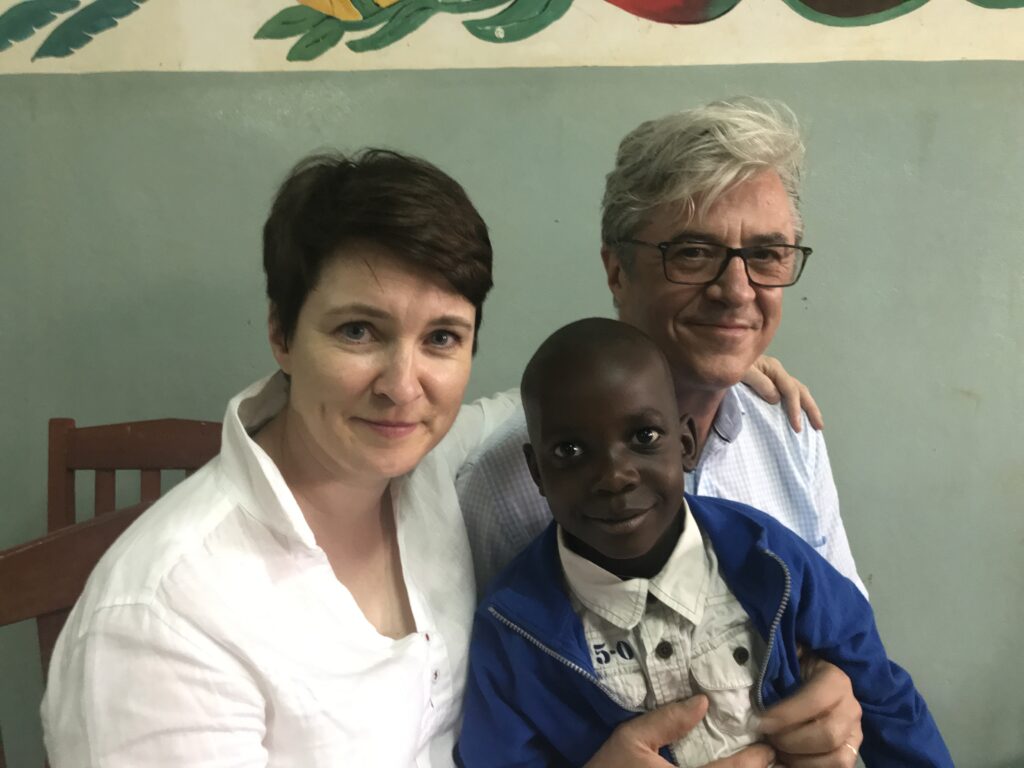
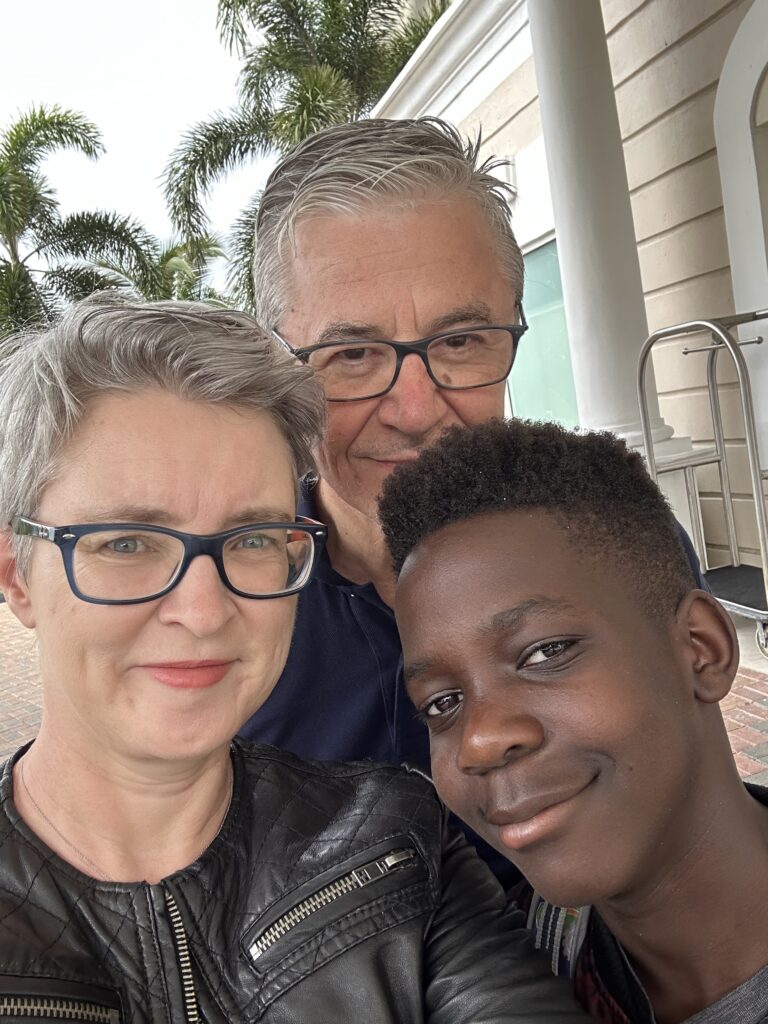
The support Sheelagh received prompts her to realize that not everyone is so lucky during treatment. From her care team to family and friends, Sheelagh doesn’t know how she would have gotten through it alone, and for that reason, she aims to give back in any way she can. She sits at appointments with newly diagnosed patients to take notes, meets with women looking for advice, and now, will take the runway to fundraise for family’s facing diagnosis without support. It brings her back to a poem, “The Desiderata,” hung next to her during our time together, from which her mother always used to quote: “If you compare yourself with others you may become vain and bitter for always there will be greater or lesser persons than yourself.”
